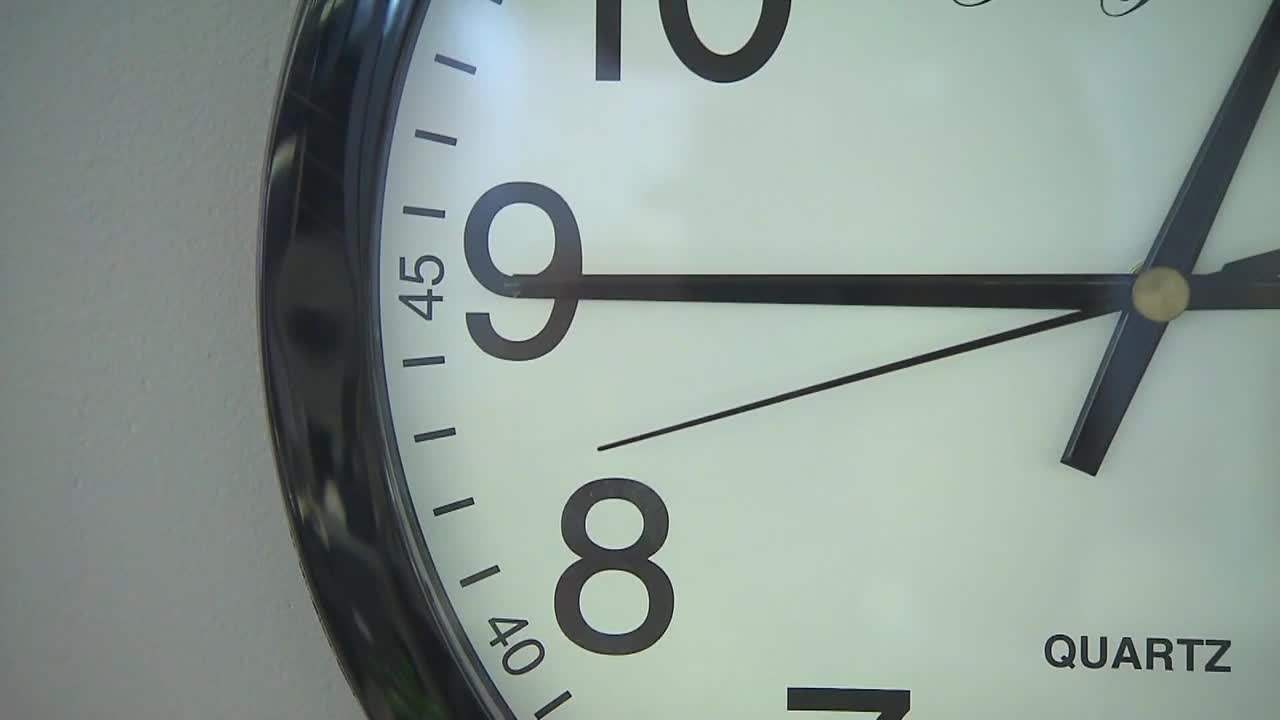ASHWAUBENON (NBC 26) — Over the weekend, our clocks 'fell back' an hour. Local health professionals tell NBC 26 this brings potentially serious effects to our health and our roads as we adjust to the time change.
(The following is a transcription of the full broadcast story.)
The end of daylight saving means an earlier sunrise but, also, an earlier sunset. That change has a real impact both on how we feel and how we operate on the road.
Our body's routines may change a bit with the time change, but the disruptions to our body can have serious effects according to some northeast Wisconsin medical professionals.
"Because of that direct impact with our circadian rhythm, it can throw off our overall health and there can potentially be increased tendencies for cardiovascular disease to pop up," said Emplify Health Wellness Education Specialist Christine Harris.
According to Dr. Sarah Spelsberg , an Emergency Medicine Resident at UNC Health Southeastern, research shows that the risk of heart attacks increases by about 24% on the Monday following the spring transition to daylight saving time. This spike is attributed to the combination of losing an hour of sleep and the sudden disruption to the body’s natural rhythm.
Earlier sunsets also affect our mental health, especially those who suffer from seasonal affective disorder
"It's getting colder, it's getting darker, so the times that we'd be out and about moving around more is when it's a lot more dark. So we're not getting as much of that sunlight," said Harris.
That lack of sun impacts our roads too. The Insurance Institute for Highway Safety (IIHS) tracks crash data across the country all year and they note a trend that picks up once daylight saving ends.
"Obviously we have the sun setting earlier, we've got more darkness in the afternoon and that spells danger for pedestrians and bicyclists. What we tend to see in the fall is an increase in fatalities involving those road users," said IIHS Media Relations Director Joe Young.
Young also says the normal rhythm of a body adjusting to the time change is likely a factor on the roads, particularly in the evening.
"Theoretically we've got an extra hour, but I do think there's something to be said in the evening especially where people are out on the road at a time that their bodies might already be at home and winding down. So there might be some of that drowsy driving as well," said Young.
As people adjust to the time change, the IIHS recommends, keeping speed down while driving, using high beam lights and limiting distractions.




